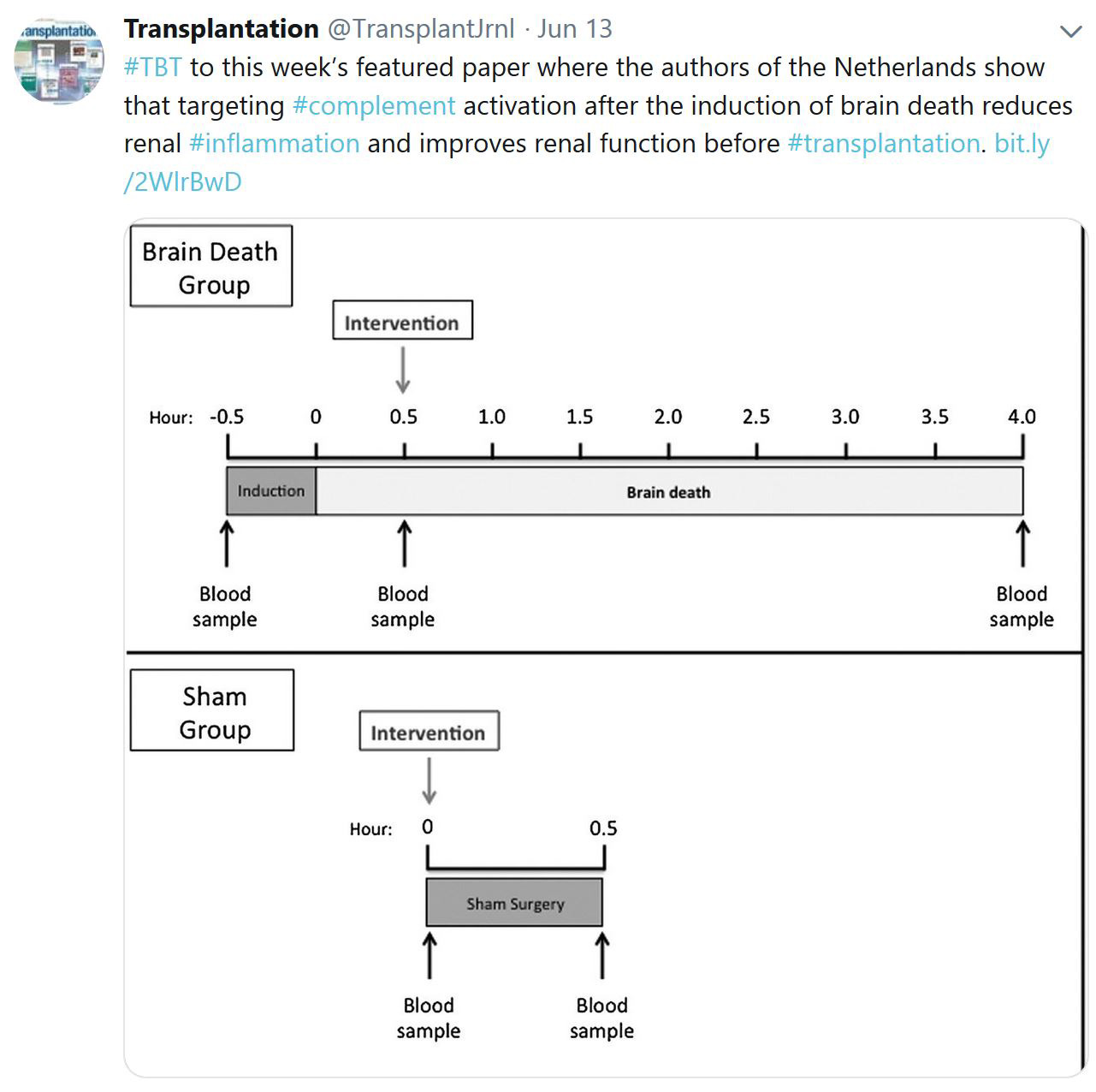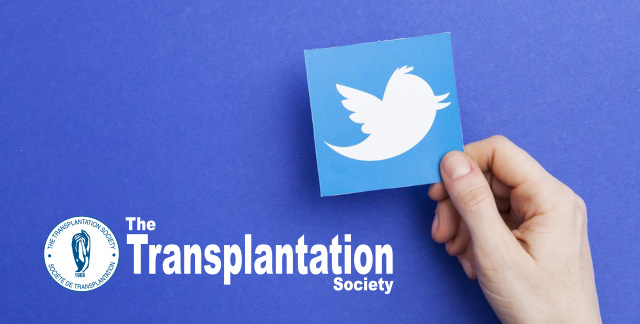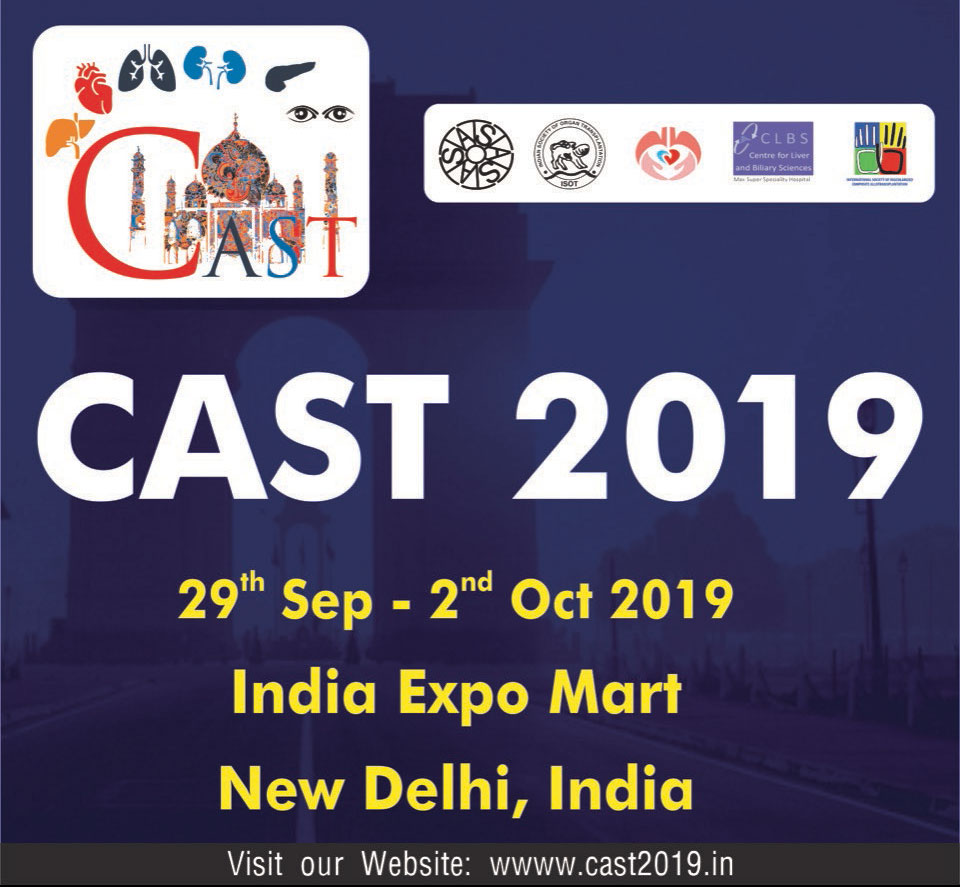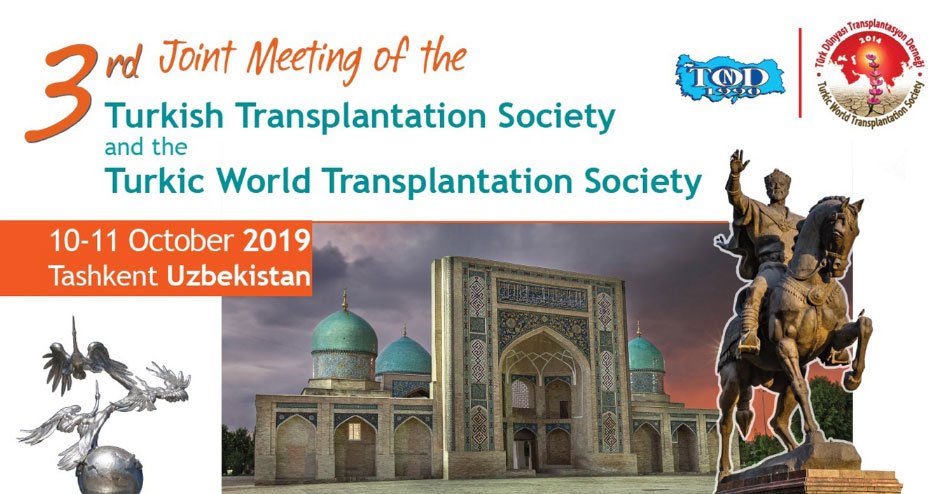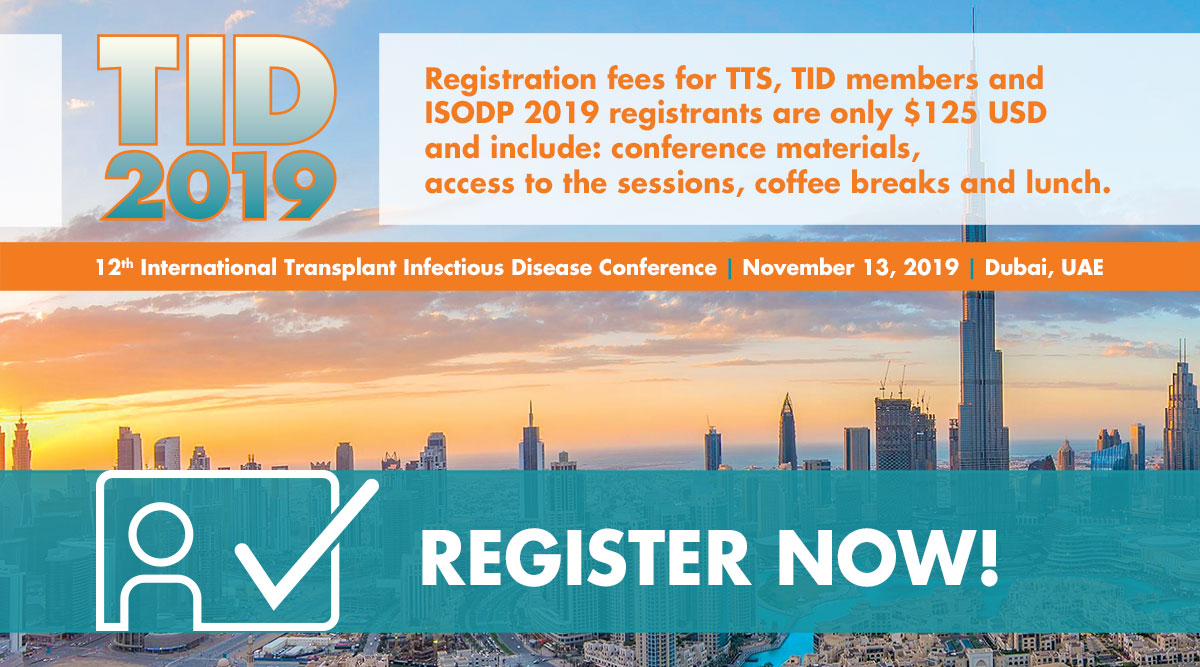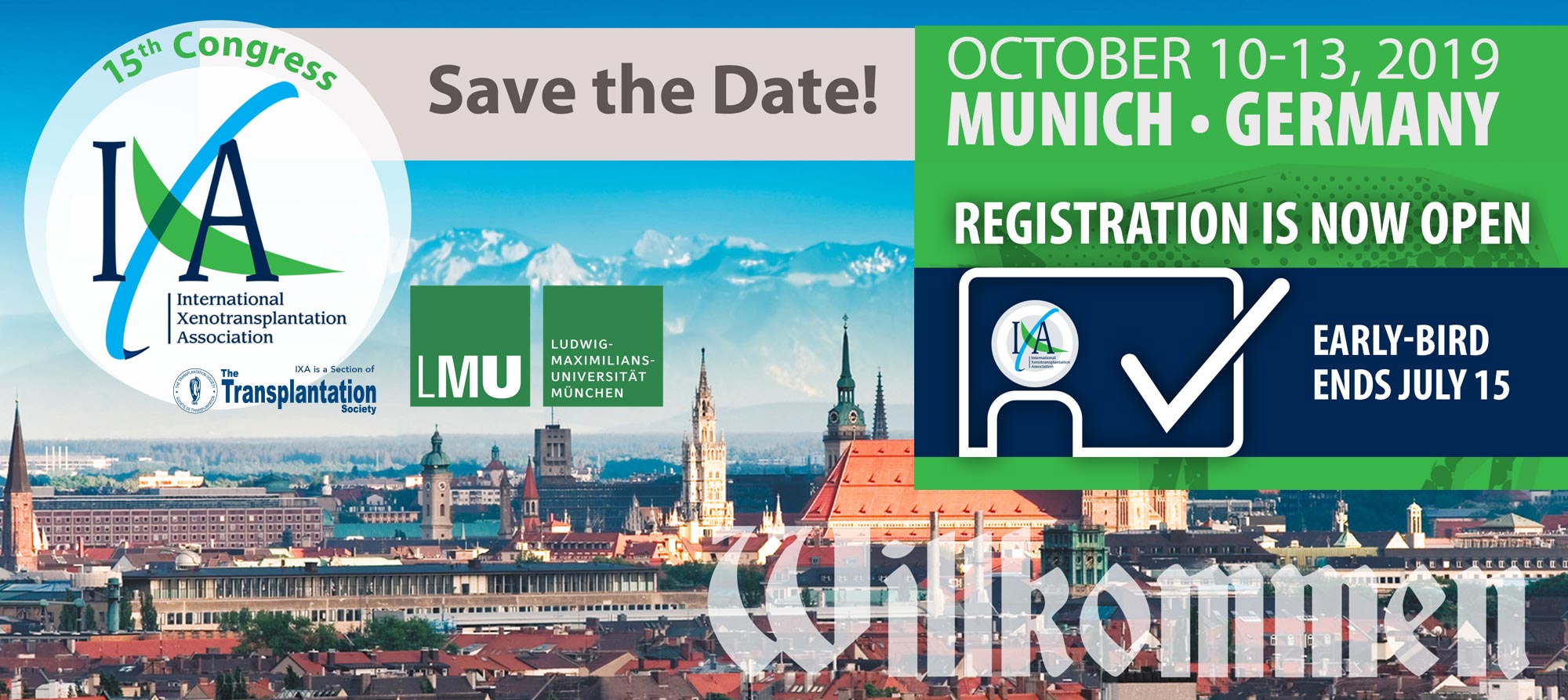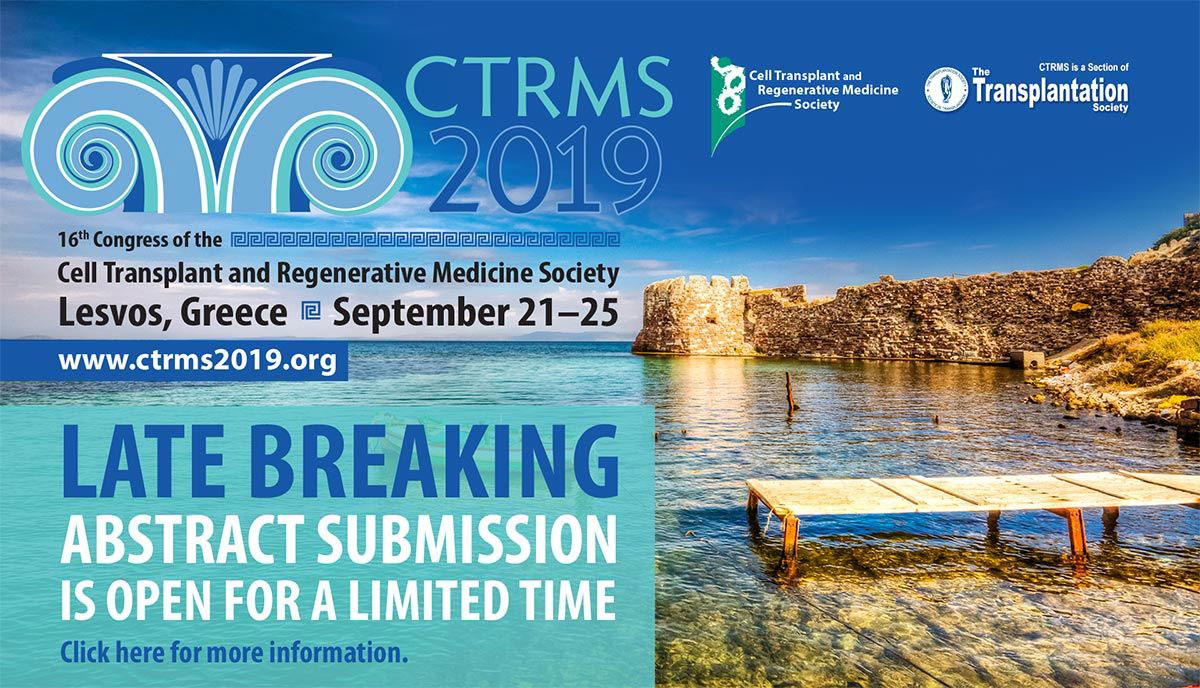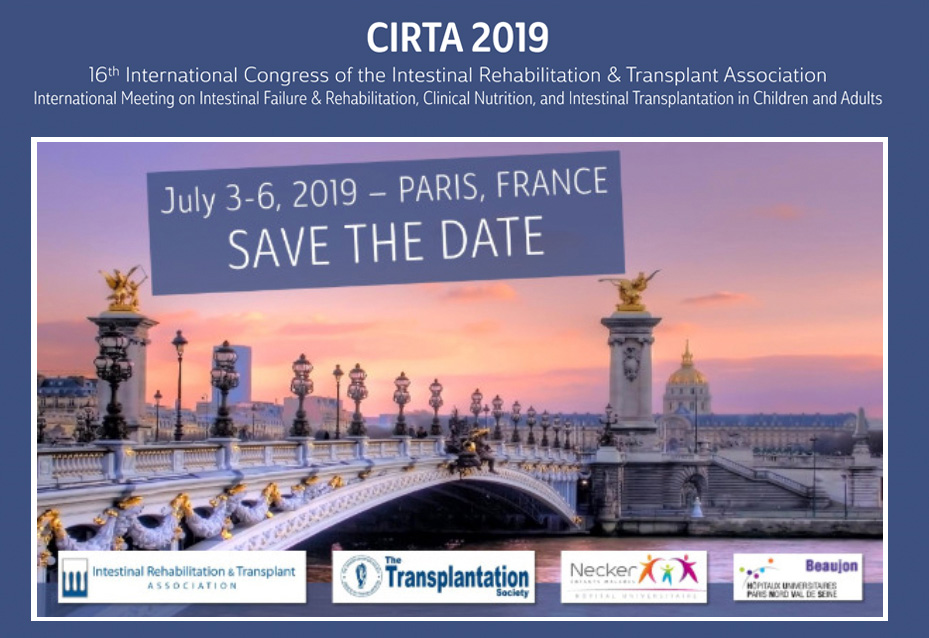
TRANSPLANTATION - HIGHLIGHTED ARTICLE
Dr. Andrea Schlegel, Editorial Fellow, Transplantation
PATIENT FUNCTIONAL STATUS AT TRANSPLANT AND ITS IMPACT ON POSTTRANSPLANT SURVIVAL OF ADULT DECEASED-DONOR KIDNEY RECIPIENTS
Bui K, Kilambi V, Rodrigue JR, Mehrotra S.
Transplantation 2019; 103 (5): 1051–1063
Colleagues from Chicago have analysed the kidney transplantation rate in the US and suggest to include the recipient’s health status for decision making and also in context of the critical demand of organs together with the increasing health deterioration of recipients during the prolonged waiting time for an organ. Authors obtain data of two large cohorts of kidney recipients from the UNOS database and assess the impact of the Karnofsky performance score (KPS) on outcomes after transplantation performed between 2007 and 2015. The KPS appeared as significant predictor for posttransplant survival and more specifically, recipients with a high KPS between 40 - 50 transplanted with excellent kidneys with a Kidney Donor Profile Index of 99 have a very high expected survival probability of > 90% in the first year. Importantly, recipients with a low KPS (for example between 10 to 30) have an impaired survival after transplantation, even if they receive kidneys of good quality.
Based on this analysis, future risk-adjusted allocation models will include the functional status of transplant candidates. Paralleled by similar findings from transplantation of other solid organs, such models will possibly improve listing and transplantation strategies to further increase optimal utilization of organs with a benefit for the entire population and subsequently achieve a reduction of the donor kidney discard rate.
ARE YOU FOLLOWING TTS ON TWITTER?
Follow @ttsorg for the latest in transplantation news and society updates.
IN THE NEWS
Dan Huh’s Organs-on-Chips and Organoids: Best of Both World
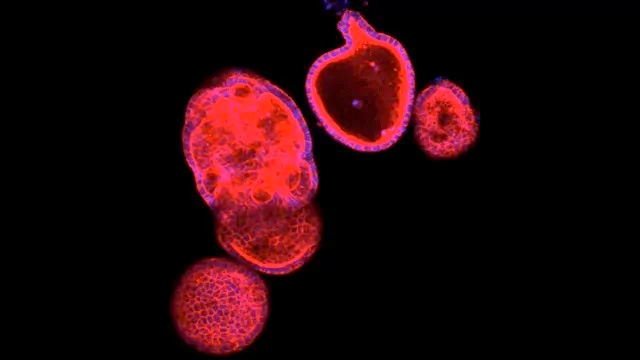
June 25 - Dan Huh, the Wilf Family Term Assistant Professor in the Department of Bioengineering at University of Pennsylvania, focuses his research on creating organs-on-chips: specially manufactured micro-devices with human cells that mimic the natural cellular processes of organs. Huh’s lab has engineered chips that approximate the functioning of placentas and lung disease.
BAL Gene Expression Changes in Asthma Treated With Short-Acting Beta-Agonists
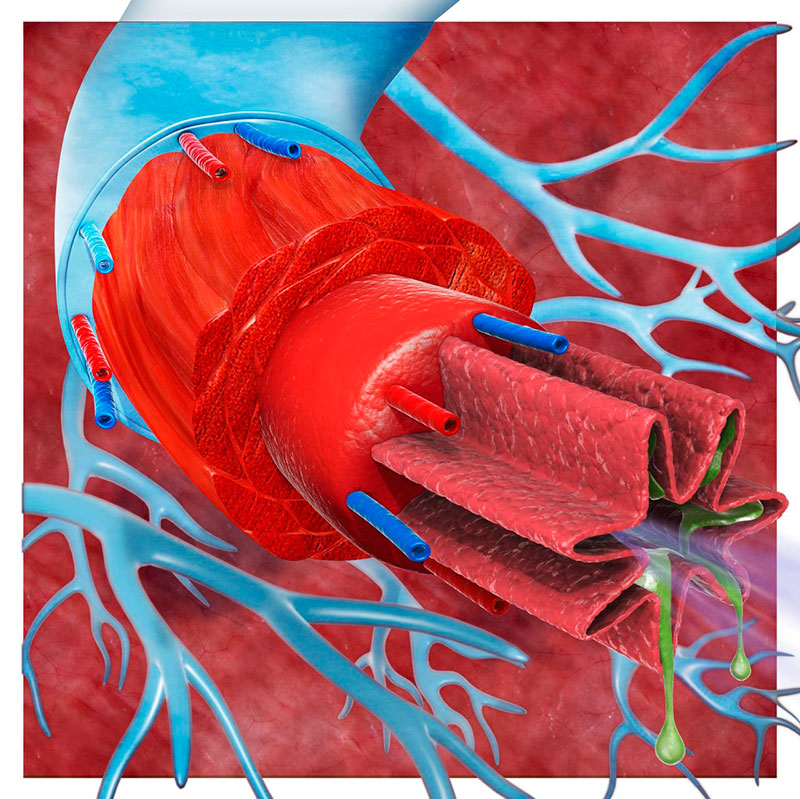
June 21 - Bronchoalveolar lavage (BAL) immune cells from patients with asthma treated with a short-acting beta-agonist demonstrated changes in gene expression that may not relate to disease mechanisms or be immediately matched by protein expression, according to the results of a study published in the American Journal of Respiratory and Critical Care Medicine.
Researchers find a mechanism to improve pancreatic islet transplantation in type 1 diabetes
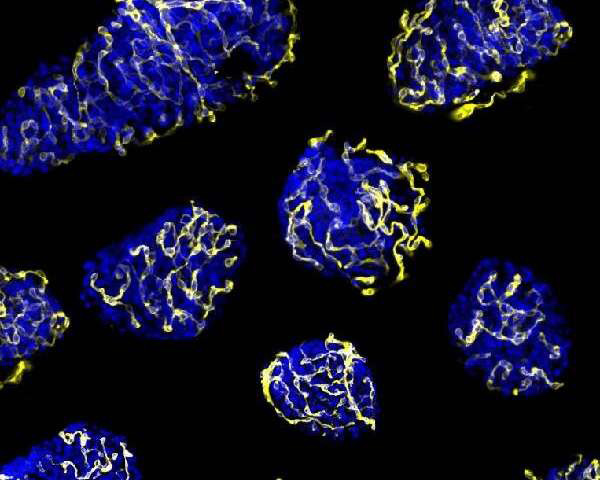
June 20 - The primary cause of the loss of functionality in transplanted pancreatic islets is their low capacity to create new vessels to transport nutrients. Researchers from the University of Barcelona and IDIBAPS have led a study that identifies a protein as the potential modulator in the revascularization of pancreatic islets.
Race-matched liver transplants improve survival for black patients with hepatocellular carcinoma
June 24 - Race-matched liver transplants significantly improved OS among black patients with early hepatocellular carcinoma, according to study results published in Journal of the American College of Surgeons.
Allogeneic hematopoietic cell transplantation versus chemotherapy consolidation in acute myeloid leukemia
June 18 - AML patients are generally older, more frail and unable to tolerate intensive chemotherapy. Despite initial complete remission (CR), they have worse outcomes due to frequent disease relapse, occurring often within first 12–18 months. The optimal consolidation treatment regimen for these patients has not yet been determined.
Patients with HIV less likely to be waitlisted for kidney transplant
June 24 - Patients with HIV were less likely to be placed on the kidney transplant waitlist than patients without HIV, according to research presented at the American Transplant Congress. They also experienced longer wait-times from evaluation to listing.
UPCOMING MEETINGS AND ANNOUNCEMENTS
TOND-TDTD - SAVE THE DATES - OCTOBER 10-11, 2019!
The 3rd Joint Meeting of the Turkish Transplantation Society and the Turkic World Transplantation Society will be held in Tashkent, Uzbekistan on October 10-11, 2019. The Scientific and Local Organizing Committees, comprised of international transplantation leaders, have developed a program that reflects current problems and represents a collection of scientific, educational, and practical information. The meeting will be an exciting opportunity for transplant professionals to share their expertise as well as their concerns regarding the development of the field in their own countries.
INTERNATIONAL TRANSPLANTATION SCIENCE MEETING 2019
ITS 2019 is set for Nov. 10-13 in Clearwater Beach, Florida. Keynote speakers include Katherine High, President and Head of R&D at Spark Therapeutics, and Ronald Germain, chief of Laboratory of Immune System Biology and Lymphocyte Biology Section at the National Institute of Allergy and Infectious Diseases National Institutes of Health.

IPITA 2019 LYON - FRANCE
Registration is open and preliminary program is available.
ISVCA 2019 - NEW DELHI, INDIA - SAVE THE DATES - SEPTEMBER 30 - OCTOBER 1, 2019!
CTRMS 2019 – LESVOS - GREECE
LATE-BREAKING AND POSTER ABSTRACT SUBMISSIONS ARE NOW BEING ACCEPTED!
Contact
Address
The Transplantation Society
International Headquarters
740 Notre-Dame Ouest
Suite 1245
Montréal, QC, H3C 3X6
Canada
Используйте Вавада казино для игры с бонусом — активируйте промокод и начните выигрывать уже сегодня!

